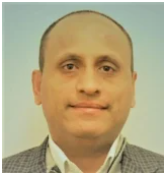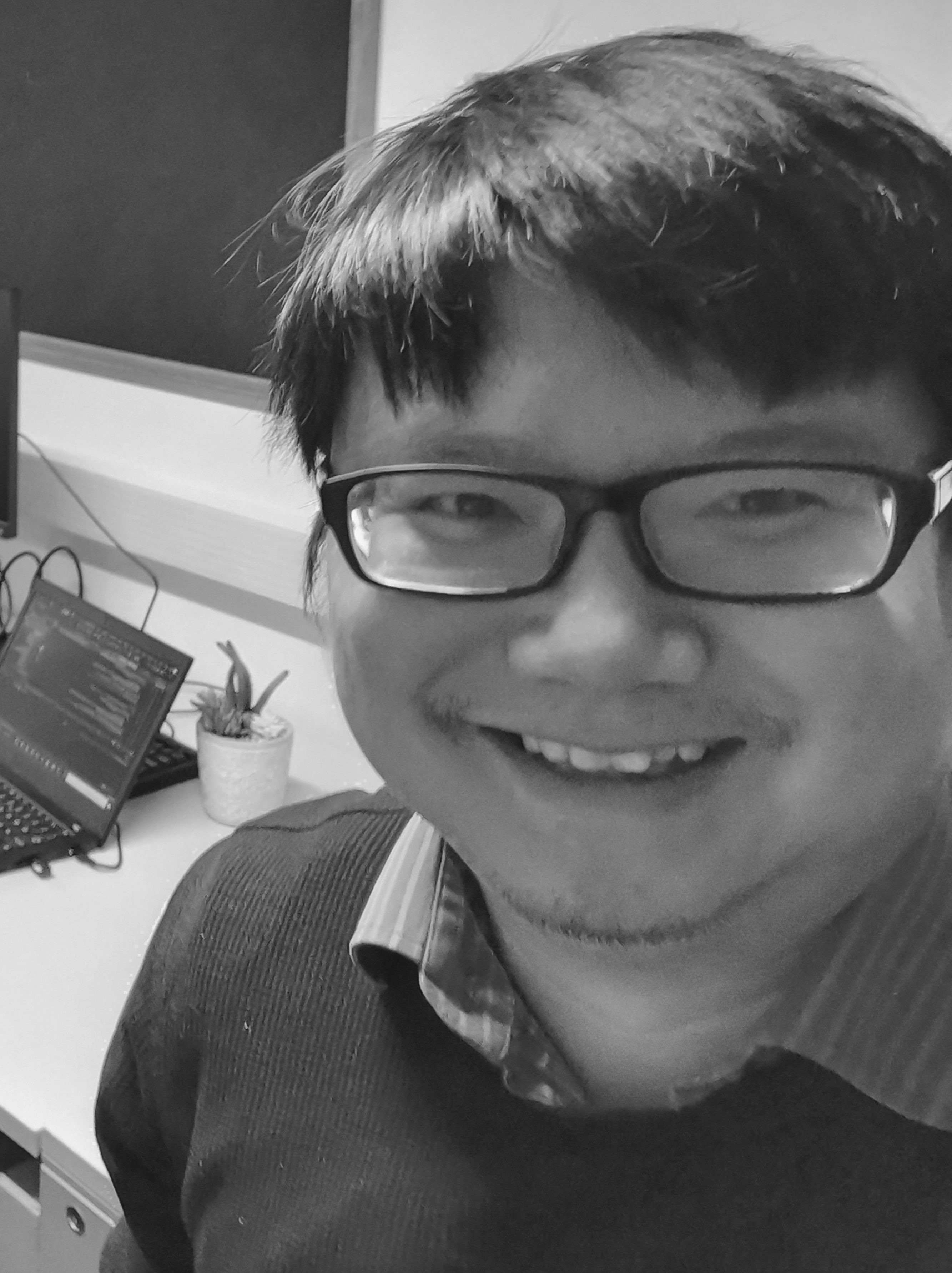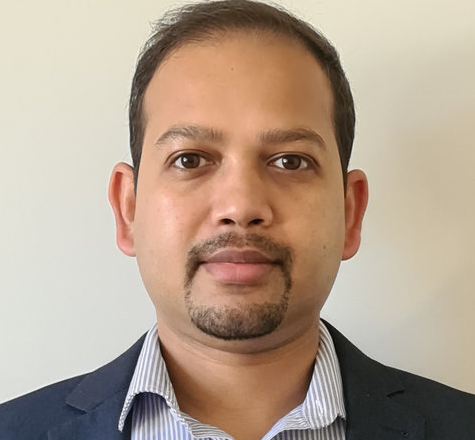Artificial Intelligence Driven Advancements in Cyber Security and Digital Forensics
Submission Link: https://www.zmeeting.org/submission/escc2024-Workshop
Organizers:
In recent years, Artificial Intelligence (AI) with its several genres such as generative AI, explainable AI, adversarial AI, and several other types of AI have resulted in innovative and novel applications in wider domains such as cyber-physical systems, smart systems, critical national infrastructure, industry, healthcare, national and international security, education sector, and many more. Several architectures such as Software-Defined Networking (SDN), fog/ edge computing, cloud computing, distributed, peer-to-peer, decentralized and centralized networking architectures offer scalable, flexible, efficient, and reliable solutions in the above-cited application domains. This has, however, broadened the horizon and enhanced the complexity of research challenges related to designing and developing robust and secure solutions. This special session focuses on AI-based cyber security and digital forensics advancements with the aim to bring together researchers and practitioners from academia, industry, and government organisations to focus on research challenges from both attack and defence surfaces of modern computing and networking systems. The special session will provide a platform to disseminate findings related to behavioural, methodology, systems, testbed, evaluation, modelling, policy papers, protocol design, experimental evaluation, empirical and formal characterization of systems and other related areas. There are numerous developing strands related to AI-driven cyberwarfare, intelligence, and cyber counterterrorism such as related to designing ontological development, defining semantics and syntaxes, formal specifications, and verifications, developing strong security culture, incident detection, events monitoring and live forensic analysis. The integration of social, socio-technical and human-in-the-loop dynamics requires innovative cyber security and forensics solutions. This workshop aims to disseminate research and technical findings in the form of academic papers, case studies, work-in-progress papers, PhD papers, and poster papers related to the above-cited and associated areas.
Topics:
The works that will be presented at the workshop will focus on (but not limited to) the following topics:
|
Dr. Muhammad Usman, Edge Hill University, UK Dr. Muhammad Usman received the Ph.D. degree in Information and Communication Technology with specialisation in Cyber Security from the School of Information and Communication Technology, Griffith University, Brisbane, Australia. He was a Research Fellow (Postdoctoral) in cyber security and machine learning with the University of Surrey, Guildford, U.K. He possesses two decades of experience during which he has held several academic and industrial positions in different parts of the globe, including Australia, Asia, and Europe. His current research interests include design and analysis of security, privacy, trust and forensics techniques for complex, smart and cross-discipleship systems; formal and statistical modelling; and applied artificial intelligence. He has around 50 research publications in international conferences, prestigious IEEE, Springer, Elsevier and ACM journals and also published a book. Dr. Usman has been a recipient of several research and travel grants. He has led and acted as a Guest Editor for special issues in several IEEE transactions and other journals. He has served in different leading capacities, such as a focal person, publication chair, organizing committee member and/or TPC member of several international conferences. He had been a member of COVID 19 Outbreak Expert Database of UK Parliament. He is also a member of Computer Science Teachers Association, endorsed by Association for Computing Machinery, USA. He is a Juniper certified networking and security specialist. His research paper has received the Best Paper Award in IEEE ComTech 2017. |
|
Dr. Vinh-Thong Ta, Edge Hill University, UK Dr Vinh-Thong Ta is the leader of the cyber security research group at the Department of Computer Science at Edge Hill University. Before that, he worked at the CySyS Lab in Europe which discovered the famous DuQu malware, and INRIA France. He published numerous papers in the areas of security and privacy in reputed venues and high-impact journals including Vehicular Communications, IEEE Communication Magazine, IEEE Access, and Privacy Enhancing Technologies Symposium (PETS/PoPETs), and he is the author of several software tools related to his research (e.g., DataProVe, a privacy policy verification tool). He has been a reviewer and programme committee member of conferences and journals (including high-ranked venues such as the Network and Distributed System Security (NDSS) Symposium, ACM Conference on Security and Privacy in Wireless and Mobile Networks (WiSec), IEEE INFOCOM). He was part of the organisation team of several international conferences such as the 3rd International Conference on Decision and Game Theory for Security (GameSec’12), the 6th ACM Conference on Security and Privacy in Wireless and Mobile Networks, (WiSec’13), and the 8th International Conference on Computers, Privacy & Data Protection (CPDP’15). He is a member of the British Computer Society and a Fellow of the Higher Education Academy. |
|
Dr. Kamanashis Biswas, Australian Catholic University, Australia Dr Kamanashis Biswas is a faculty member in Information Technology at Australian Catholic University. He is also an adjunct academic at the School of Information and Communication Technology, Griffith University. Before starting his role at ACU, he worked as an Associate Lecturer at Griffith University for one and a half years. He also worked as a faculty at Daffodil International University, Bangladesh for about four and a half years. His research interests include blockchain technology, privacy issues in the metaverse, explainable AI, design and development of lightweight security protocols, energy efficient and secure routing, intrusion detection systems, and security issues in MANETs and WSNs. He has published more than 50 peer-reviewed papers in various journals and conferences including IEEE, ACM, Springer and Elsevier. He has been recipient of several research grants. He has also been editor of special issues in international journals and organised several workshops in the past. |



